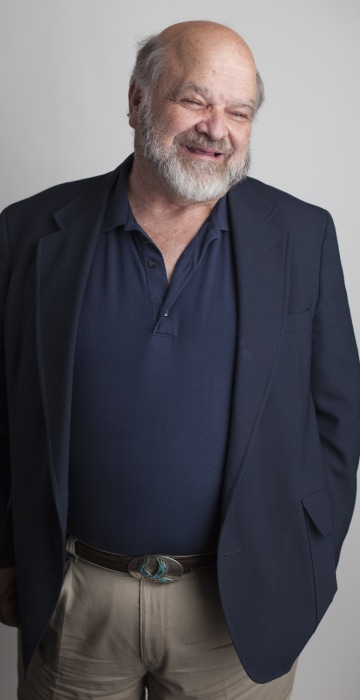
Economy
The entrepreneurs of pot

Msnbc.com is reporting on the business of medical marijuana as it grows rapidly in the United States. Click through the slideshow to meet some of the industry's entrepreneurs.
Bob Carleton, 66
CEO, Herbal Connections
Denver
Carleton worked for decades as an international business consultant, traveling to developing countries to assist with infrastructure and strategy. He knows business. So when his son and daughter brought him a business plan for a medical marijuana dispensary, he took a look. Within months, he walked away from his “real” job to become CEO of the family business. On June 1, 2008, Herbal Connections opened its doors. By November of 2009, the business was raking in $211,000 a month in revenue. “This kind of explosive growth is what you see in developing countries – not here in America. Not that I’m complaining,” Carleton said with a smile.
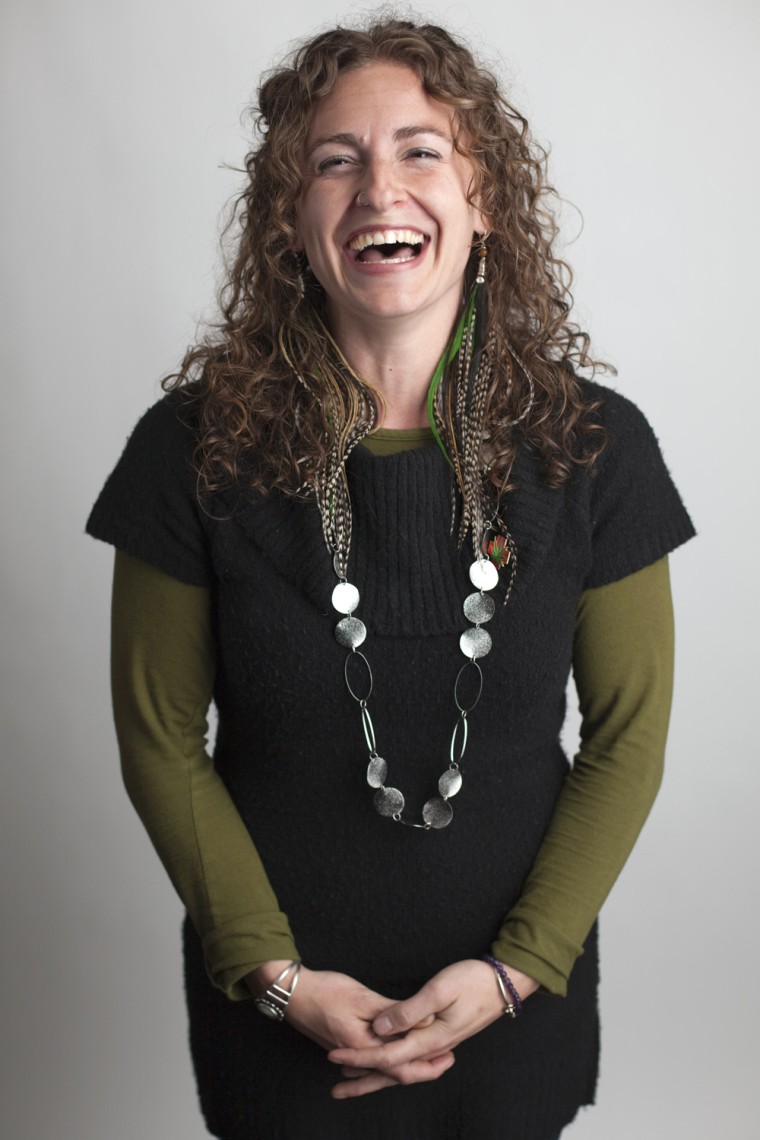
Deanna Gabriel, 32
Co-owner, Cannabis Magic
Denver, Colo.
Gabriel is a certified clinical herbalist and a clinical nutritionist. For her, marijuana is not a gateway drug, it is a gateway herb. “I am a classically trained herbalist, so I understand the power of botanical medicine. My motivation for getting into this business is simple: I want to make plant medicines mainstream again. Not too many generations ago, this was how Americans healed themselves.” Gabriel and business partner Christine Lunsford make high-end topical salves, massage oils, bath salts and other cannabis-infused products. “Many people don’t want to smoke their medicine and we provide that for our Colorado patients.” Gabriel hopes that Americans will begin to educate themselves about all botanical medicines, not just cannabis.
Editor's note: Msnbc.com asked entrepreneurs in the marijuana industry: why have you chosen to work in a legally risky business? View their answers in the videos attached to many of the slideshow images.
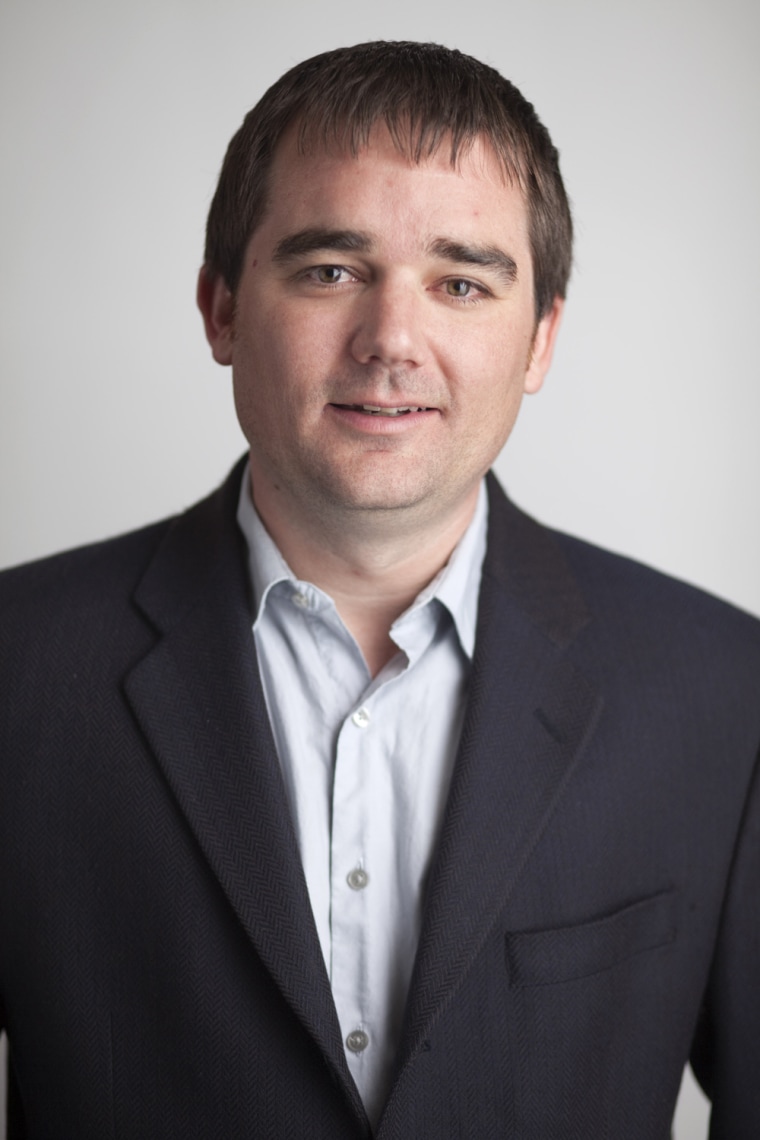
Aaron Smith, 32
Executive Director, National Cannabis Industry Association
Phoenix, Ariz.
As a teen, Smith found himself in trouble with the law for possessing a small amount of marijuana. It proved to be a painful experience for him, but it also served as his motivation to become active in the marijuana movement. After graduating from college, Smith went to work for a couple of marijuana advocacy groups before going out on his own. In December, Smith formed the NCIA in order to give the emerging cannabis industry a voice. “We are fighting to give these businesses equal access to banking services and tax benefits and other basic needs the industry currently lacks.”
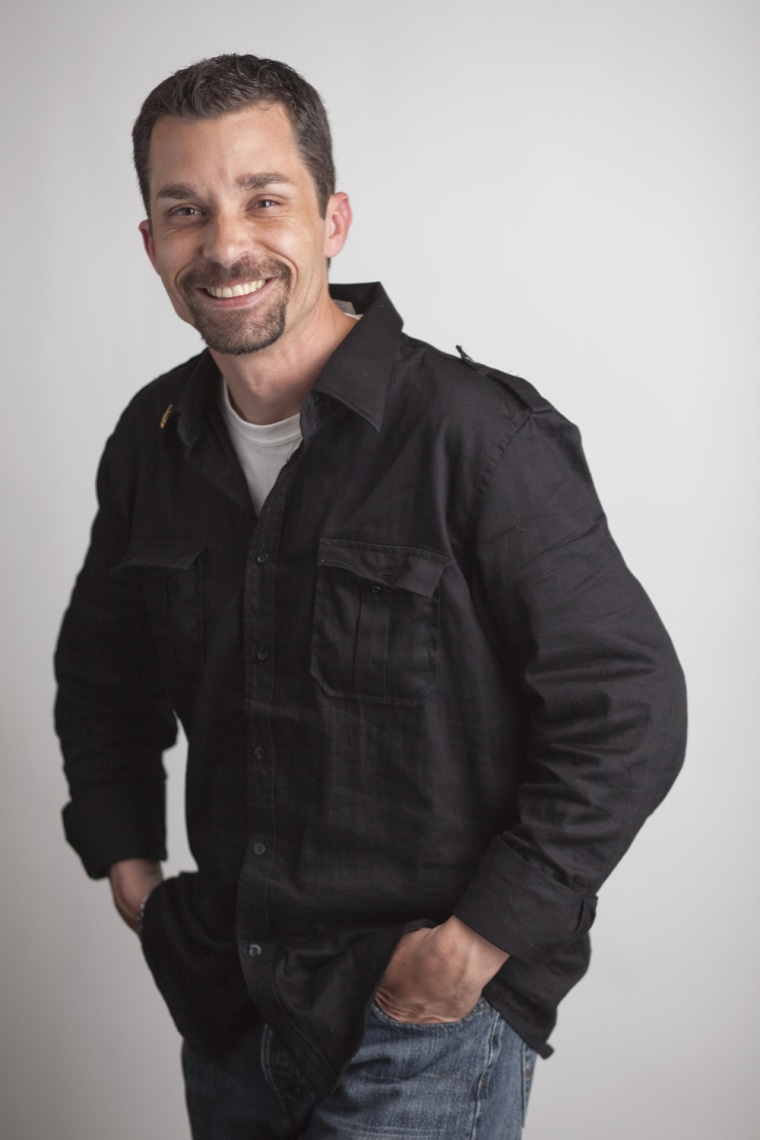
Mike Aberle, 39
National Director, Medical Marijuana Division for Statewide Insurance
Sacramento
When Aberle’s mother-in-law passed away last year with ovarian cancer, he thought about the pain and suffering she endured at the end of her life. That same week, Aberle’s manager challenged his team to “think outside the box” for business opportunities. Those two events changed his life. “My mother-in-law’s funeral really made me think long and hard about what I could do,” Aberle recalls. Statewide Insurance offers insurance to all aspects of the cannabis industry from growers to dispensaries to caregivers. “This industry is inherently risky … much riskier than other sectors. Our goal is to minimize that risk so these businesses can flourish.”
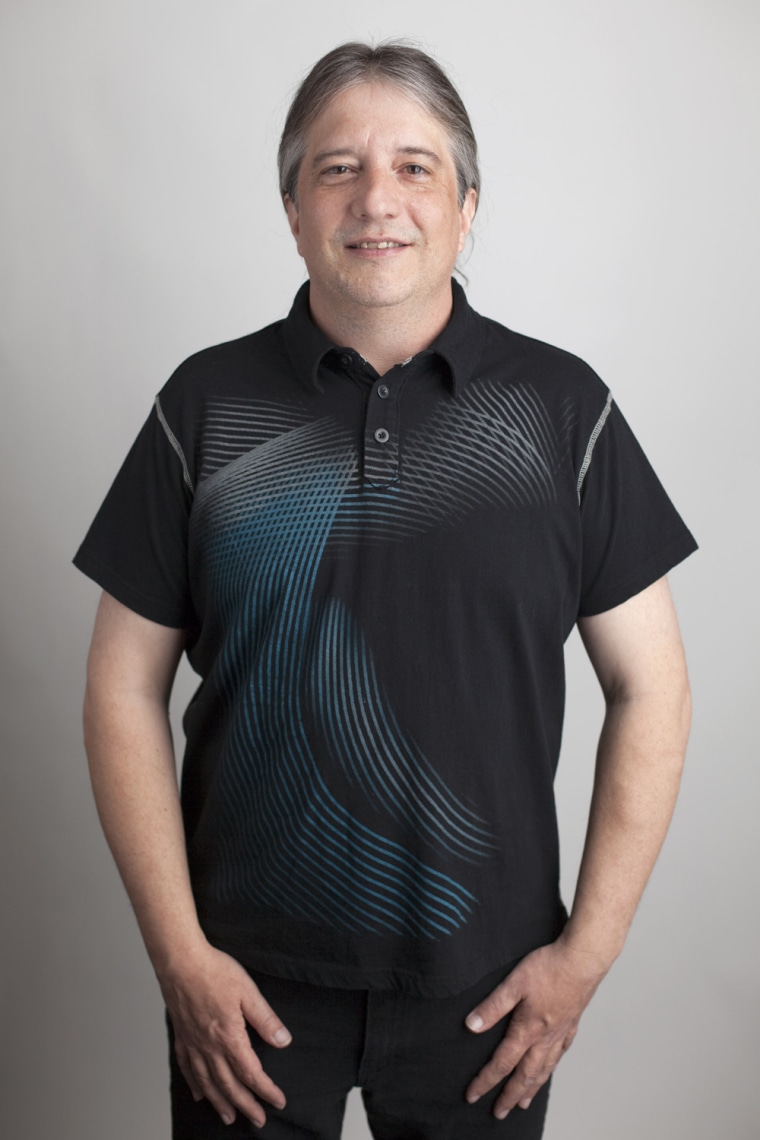
Patrick White, 48
Commercial property owner/Serial entrepreneur
Camden, Ohio
In the late 1980s, White owned a successful video business and was a recreational user of cannabis. Then he read Jack Herer’s groundbreaking book “The Emperor Wears No Clothes” and it changed his life. After reading Herer’s dissertation on the benefits of hemp (the non-psychoactive cannabis plant used for industrial purposes), White said “a light went off inside my head.” Soon, White was selling hemp T-shirts and other products in his store. White feels he was a man ahead of his time. “I was doing this back in the early 1990s in a small town of about 2,000 people. They were confused as to why I was involved in the ‘evil weed.’ Hell, I wasn’t even dealing with marijuana. It was hemp. Times have certainly changed for the better,” White says. “But we still have a long way to go.”
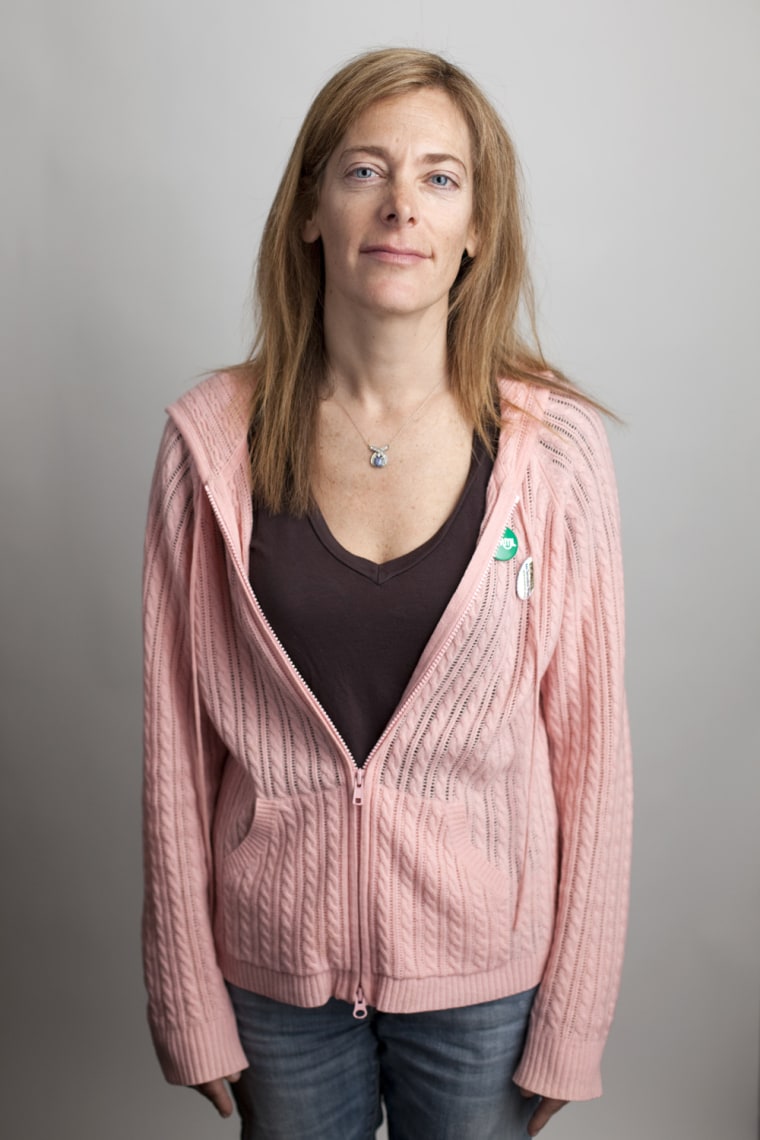
Lauren Maytin, 39
Attorney, Edson, Maytin & Matz LLP
Aspen, Colo.
Maytin has heard the question before from law professors, judges, fellow lawyers and even a few friends: “Why are you spending your energy and time on marijuana?” Maytin’s answer is simple: “Why not get involved?” Maytin, who has considered herself an activist all her life, sees this as more of a calling than a career. “When you see something that is so obviously wrong, I think there is a moral imperative to do something about it,” Maytin says. Her goal is to change laws and to change the old mindset that created the marijuana prohibition.
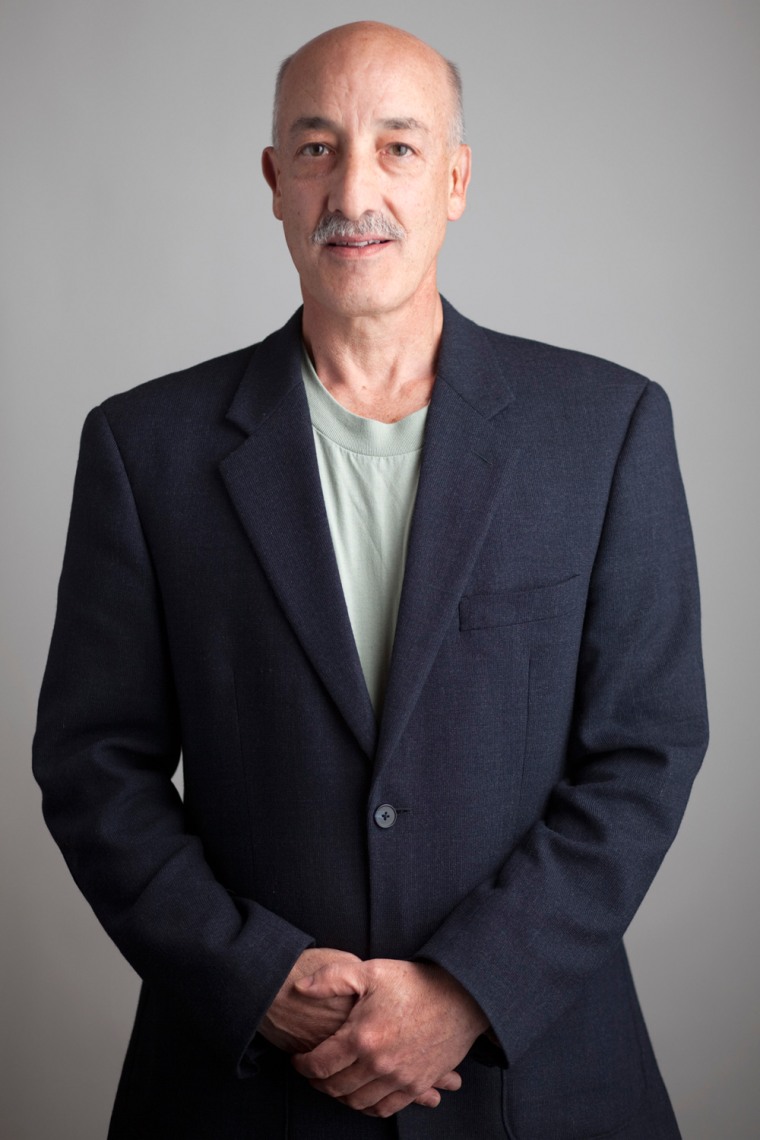
Matt Abel, 52
Attorney, Cannabis Counsel
Detroit
In 1985, Abel was a fresh-faced law school graduate hoping to focus on his primary passion: Environmental law. But he quickly changed direction and started defending those facing marijuana charges. “Some people go to law school to make money. I went to make a difference,” Abel says. That activist nature propelled him down the path of cannabis law. “People’s lives are being destroyed – not by marijuana, but by the so-called war on drugs,” Abel insists. About half of Abel’s practice involves helping cannabis businesses battle regulatory issues. “One false move and these entrepreneurs could lose everything.”
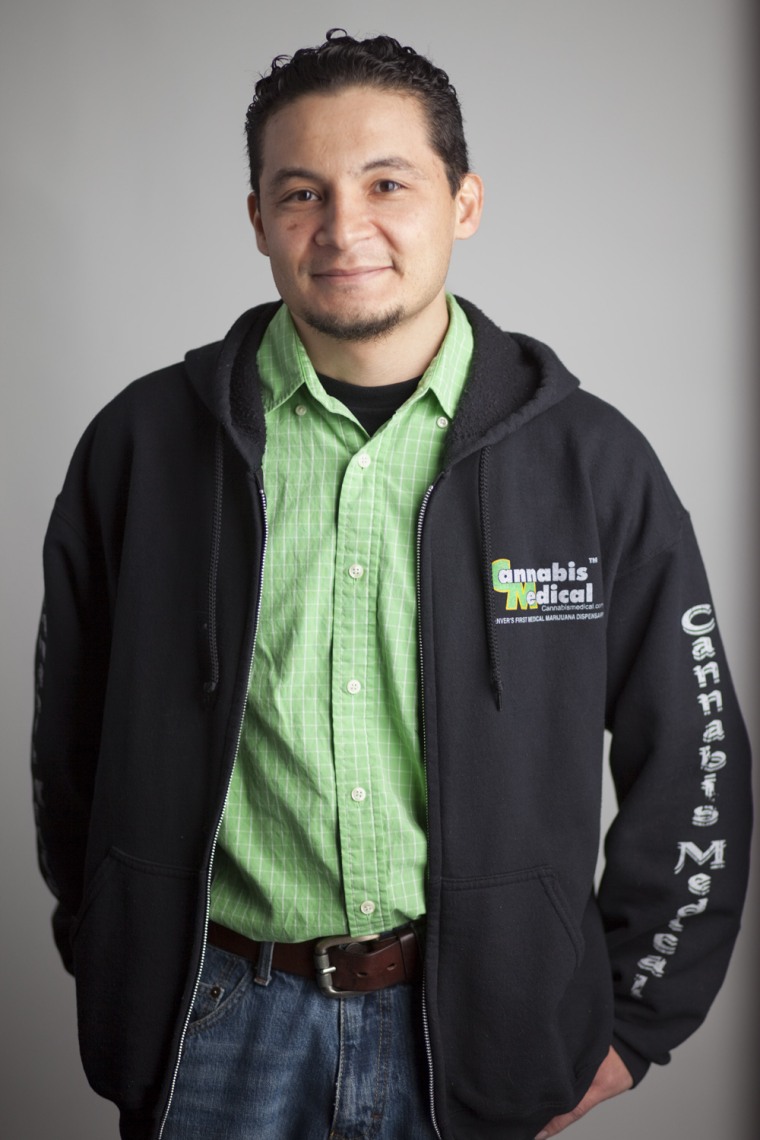
Juan Diaz, 35
General Manager, Cannabis Medical Technologies and Dragon Juice
Denver
Five years ago, Diaz owned a successful photo studio and print company. But the advances in digital cameras were taking a significant bite out of his wedding photography business. Struggling for ways to keep up with the bills, Diaz saw an opportunity: Marijuana. In 2006, Diaz opened one of the first medical marijuana dispensaries in Denver. “Back then, it truly was the wild west. There were very few competitors and absolutely no regulations,” Diaz says. Now, five years later, Diaz says the regulations are a bit too strict for his taste and the competition is fierce. There are now more than 450 legal dispensaries in Colorado. Diaz has branched out from his dispensary business and now sells Dragon Juice, an organic spray conditioner that helps the growth of cannabis plants.
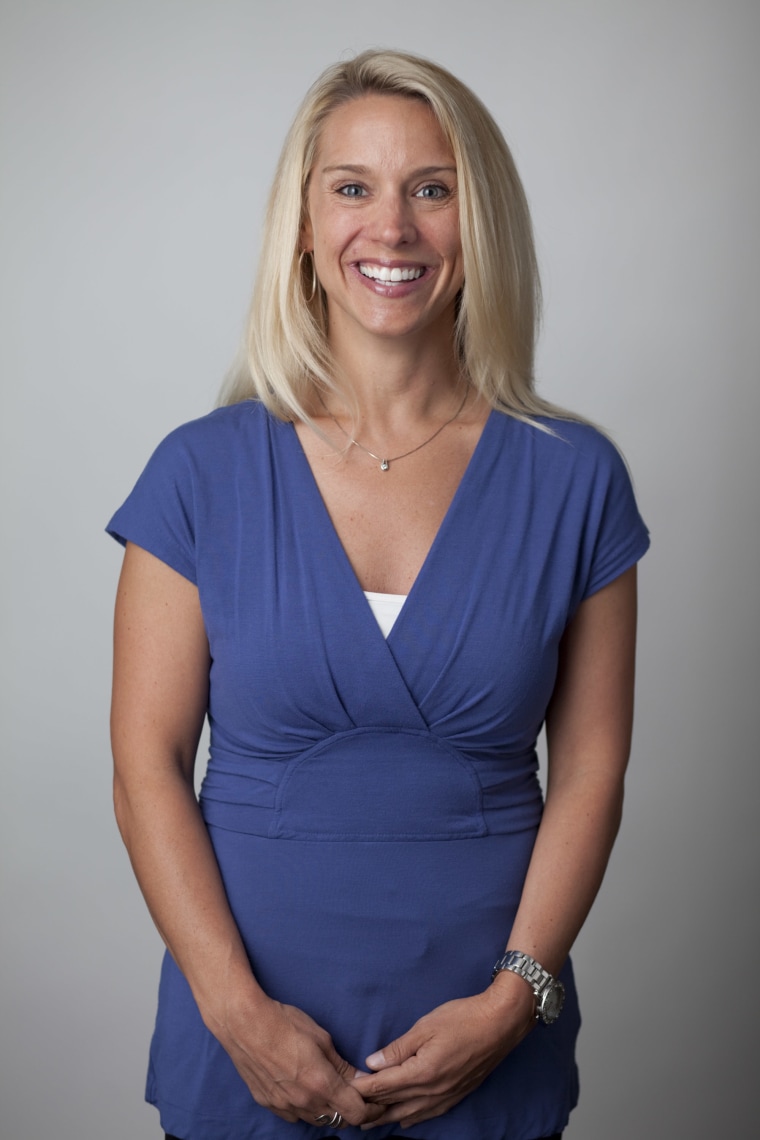
Genifer Murray, 40
Co-owner, CannLabs
Denver
Murray has a degree in microbiology and a background in sales and marketing. CannLabs, a cannabis testing facility, employs five people. “I got into the medical marijuana industry because of the science. I know about the benefits of this medicine. I know how it helps alleviate pain in so many patients,” Murray says. “The problem that our company solves is that we can determine the potency of the medicine. That is an essential piece of information for patients – especially for those who choose to take edible products (like brownies or hard candy.) Would you take a pill that you didn’t know the dosage or how it would affect you? I hope not.” CannLabs test for the three key active cannabinoids found in marijuana: THC (or delta-9-tetrahydrocannabinol), CBD (or cannabidiol) and CBN (or cannabinol).
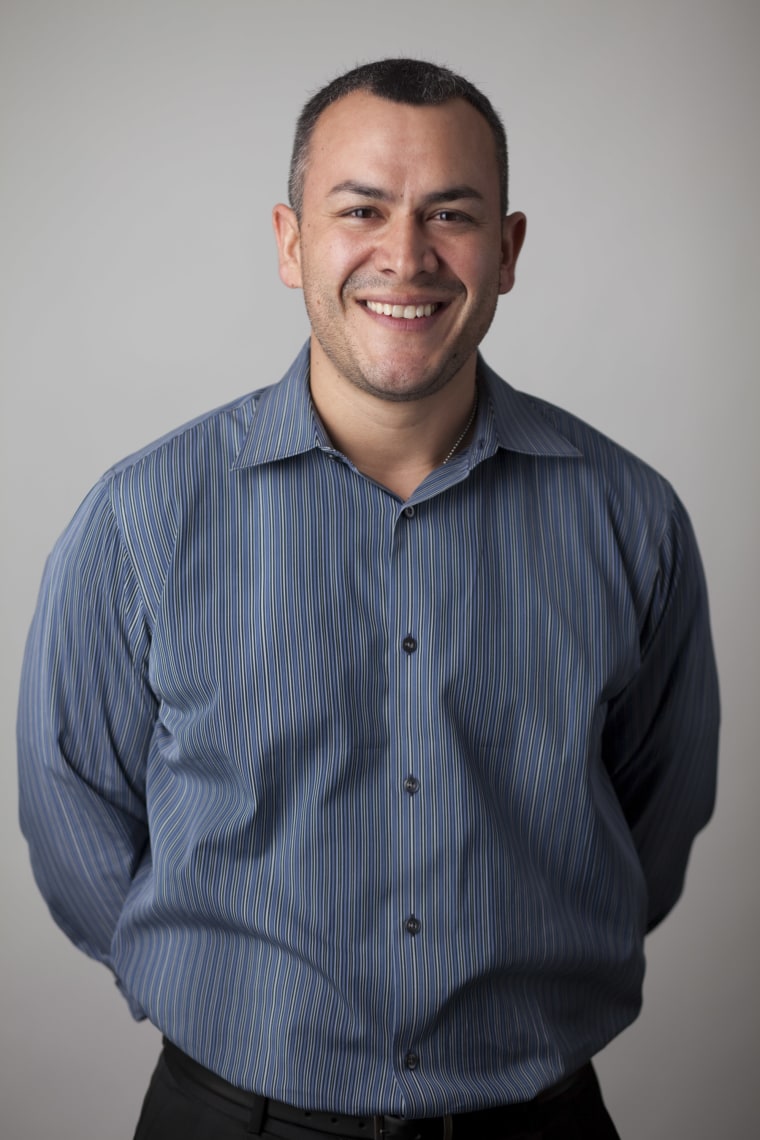
Sammy Trujillo, 35
Consultant, The Business Park
Sacramento
Trujillo is a salesman. When he first became involved in the medical marijuana business in his late 20s, his motivation was clear. “I got in it for the money, make no bones about it,” he says. But as Trujillo worked consulting dispensaries and other businesses in the industry, he noticed a shift that surprised him. “Now, it’s all about the patients. When you see their suffering, you just can’t help it.” Trujillo, who worked in retail and the cutthroat mortgage industry before the real estate bust, says the medical marijuana industry is different. “It really is a compassionate industry. I learned that if you help people – even your competitors – you can actually make money.” The Business Park is a consortium of businesses that assists medical marijuana enterprises to navigate the production, sale and use of cannabis.
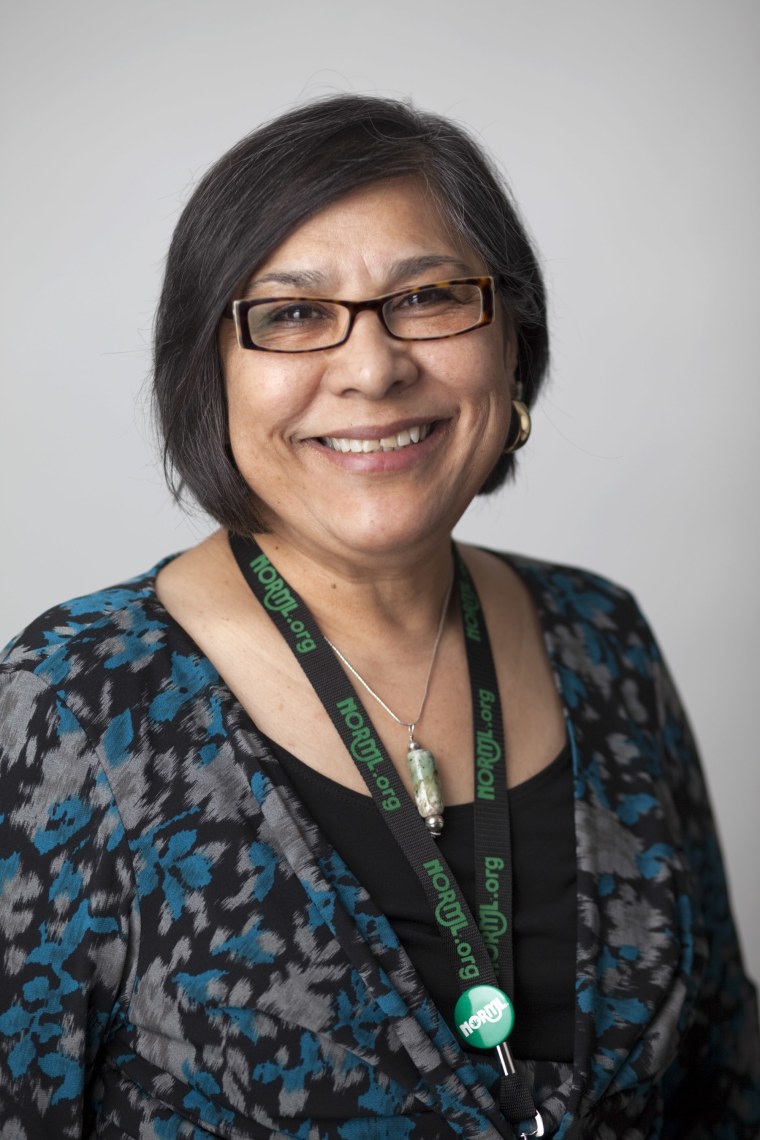
Madeline Martinez, 60
Founder, World Famous Cannabis Café
Portland, Ore.
Martinez has been a vocal and active member of the marijuana movement for more than a decade. The grandmother of six opened her business 18 months ago primarily to provide a social center for medical cannabis patients. “We wanted patients to be able to go to a place where they could experience a sense of community and to talk with other patients.” For an monthly $20 membership fee and a $5 admission fee, The Cannabis Café allows patients to vaporize cannabis in a relaxed environment. And because of the Oregon laws prohibiting the sale of marijuana, the café gives the cannabis away for free.
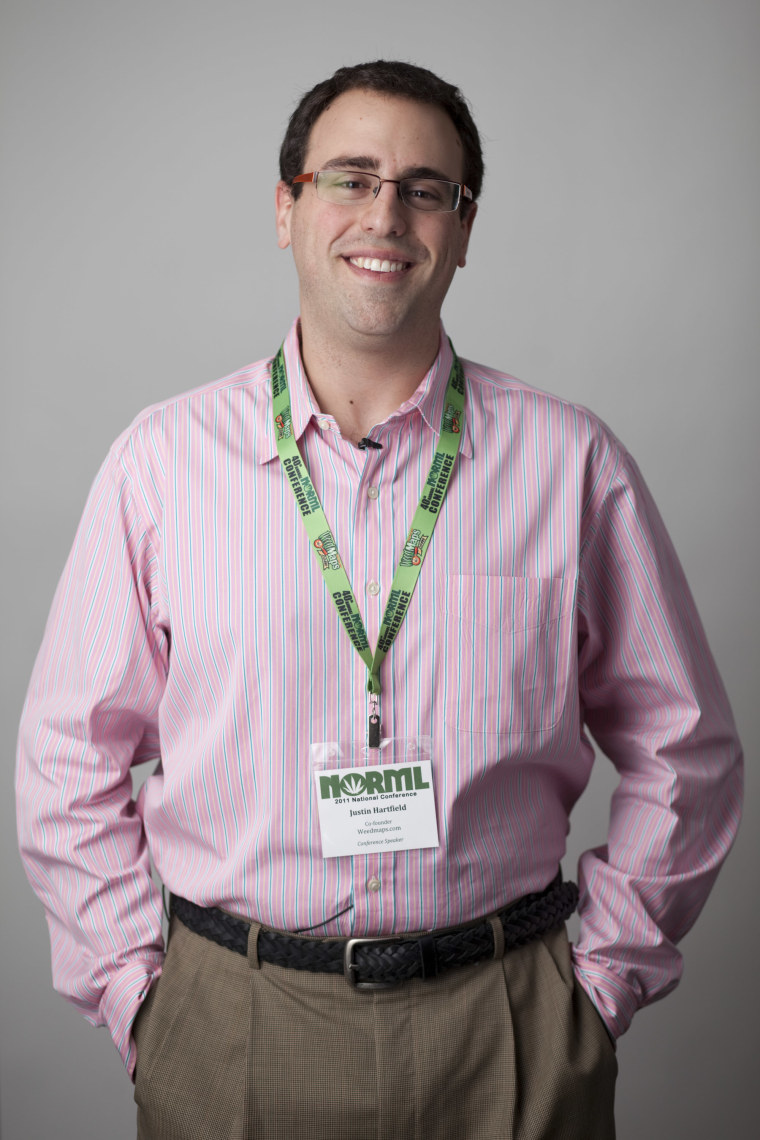
Justin Hartfield, 27
CEO, Weedmaps Media Incorporated
Newport Beach, CA
Justin Hartfield is a medical marijuana patient with an interest in tech startups. He visited a cannabis dispensary for the first time two years ago, and found the openness of the transaction exhilarating. "Freedom is a great experience," he said. He realized immediately that he wanted others to enjoy the same opportunity, and two weeks later he started up Weedmaps, an online community. The web site, Android and iPhone apps guide cannabis consumers to dispensaries in their area. "I think we've connected patients to their providers more than anybody else."
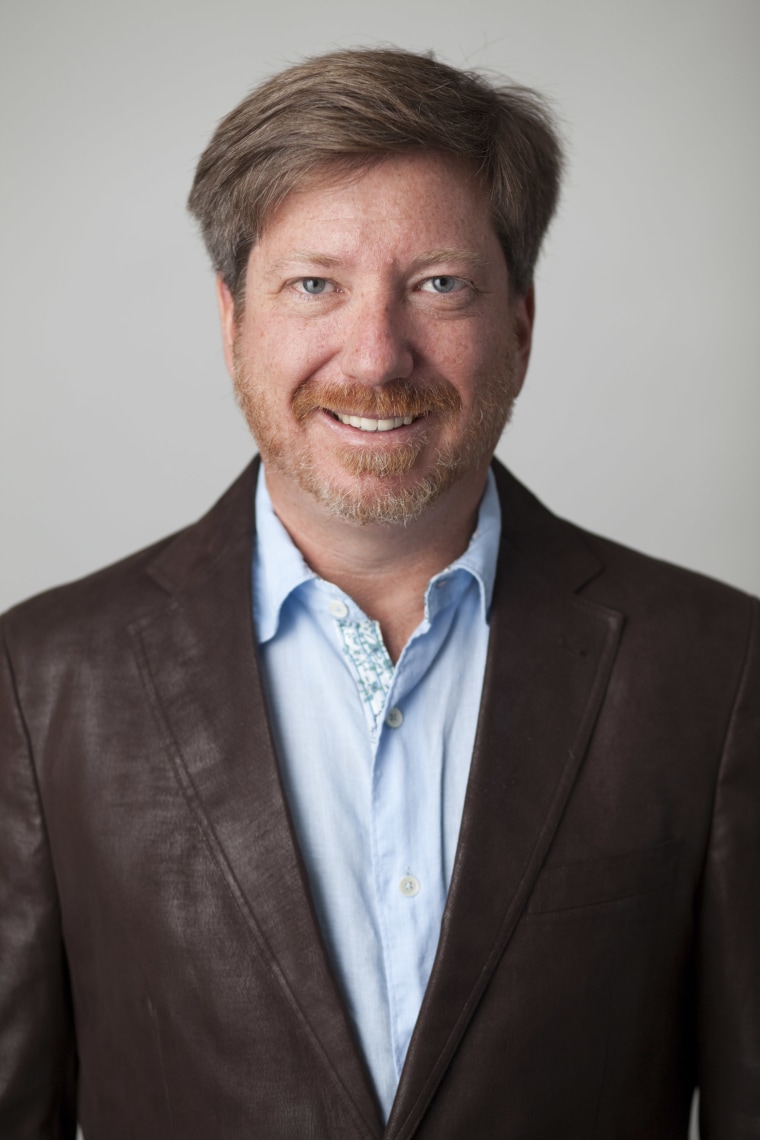
Mark Goldfogel, 44
Founder and co-owner, MJFreeway
Denver
Goldfogel is a self-confessed nerd who published his first software program at 17. For years he was a software developer with no involvement with marijuana. Then in his early 40s, Goldfogel was struck with diverticulosis, a potentially fatal disease of the colon. “I went from 100 percent healthy to weeks away from death,” Goldfogel recalls. The pain and nausea from the disease was unbearable for him – until he discovered medical marijuana. “I would not be in this business if I didn’t have a near-fatal death experience,” Goldfogel says. “Now, I can’t imagine my life without being involved in this industry.” MJFreeway sells a software suite that helps medical marijuana companies track inventory and stay compliant with state regulations.
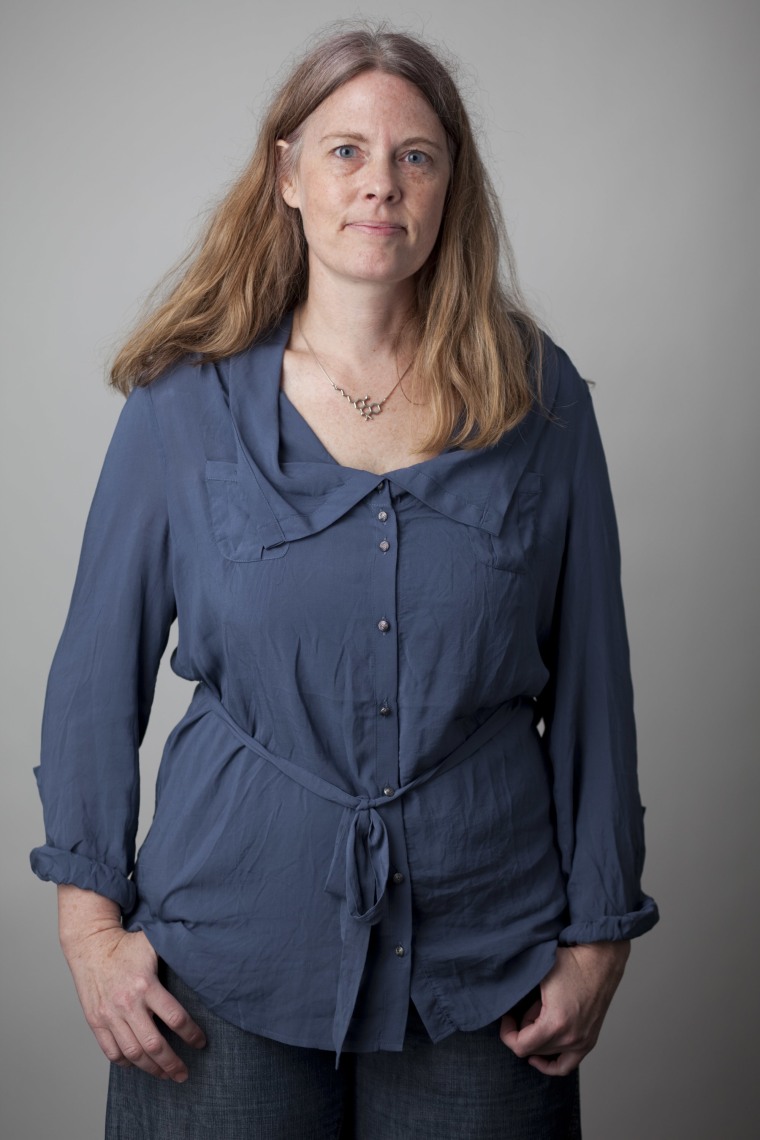
Debby Goldsberry, 44
Director, United Cannabis Collective
Berkeley, Calif.
Goldsberry, a pioneer in the medical cannabis industry, co-founded the Berkeley Patients Group in 1999. Under her leadership, BPG grew from a five-employee shop serving 100 patients per day to an enterprise employing 70 people and serving 1,000 patients daily. Goldsberry got into the business as an extension of her college activism: “Watching the violence perpetrated on college students because of marijuana use was a startling moment for me. It truly was an epiphany. I knew right then and there that I would be a freedom fighter.” Goldsberry’s new business endeavor, United Cannabis Collective, is a non-profit dispensary clinic that is scheduled to open in three locations in San Francisco’s East Bay this year.